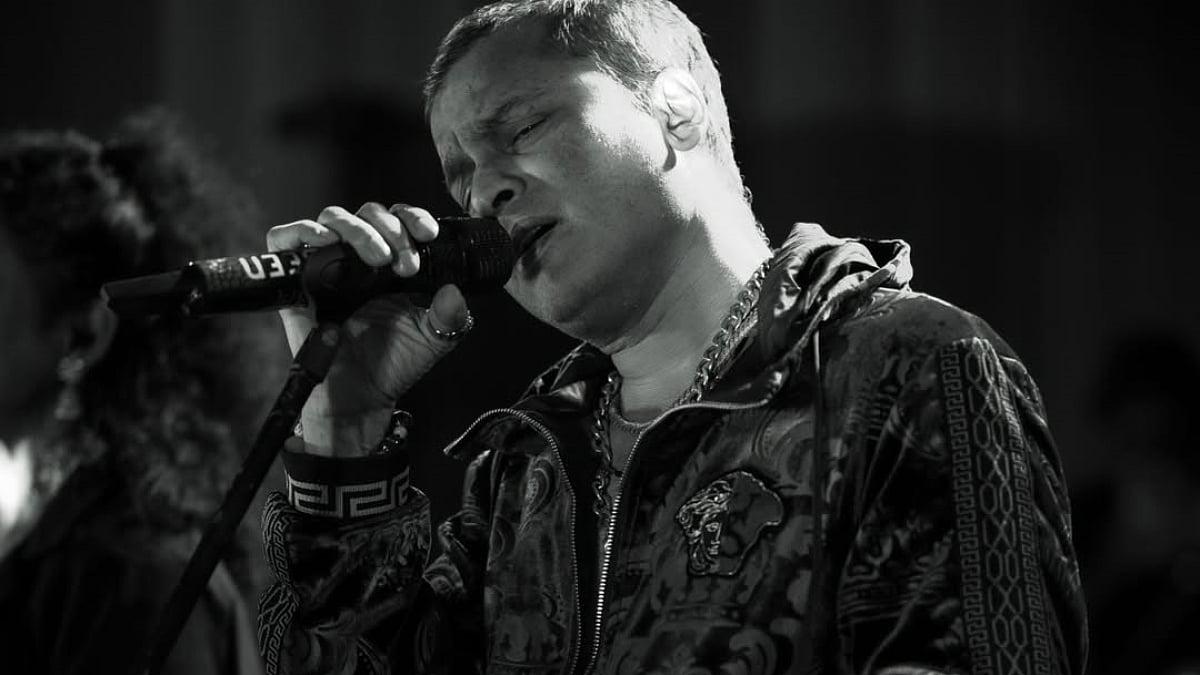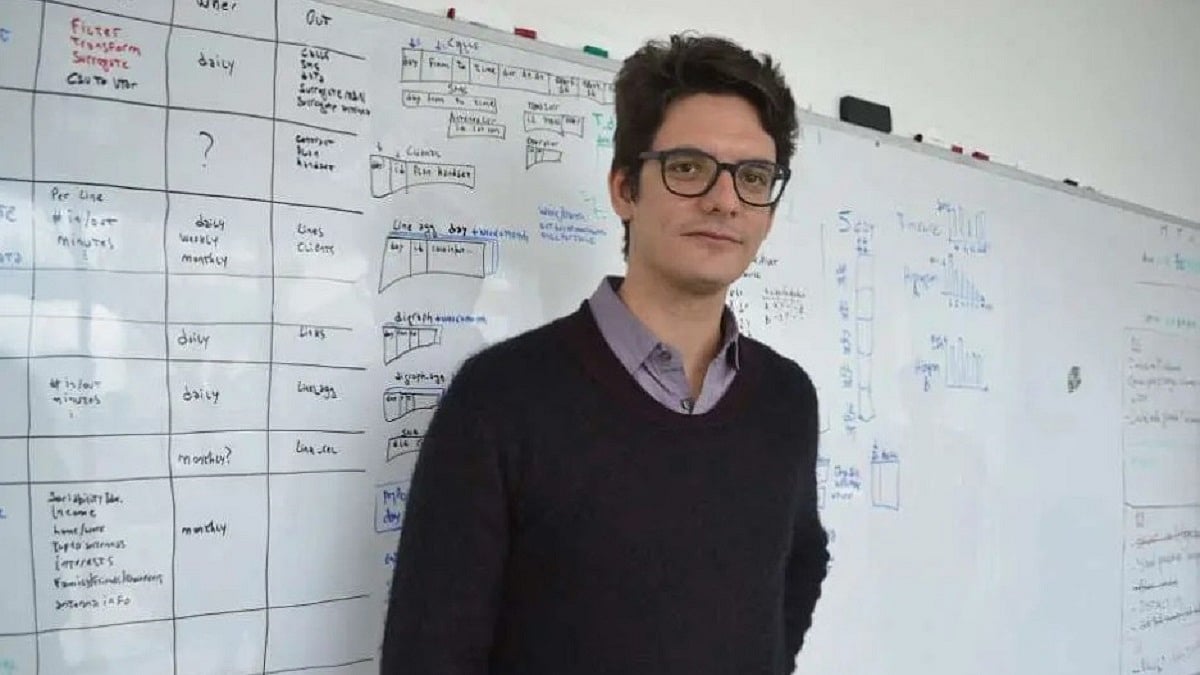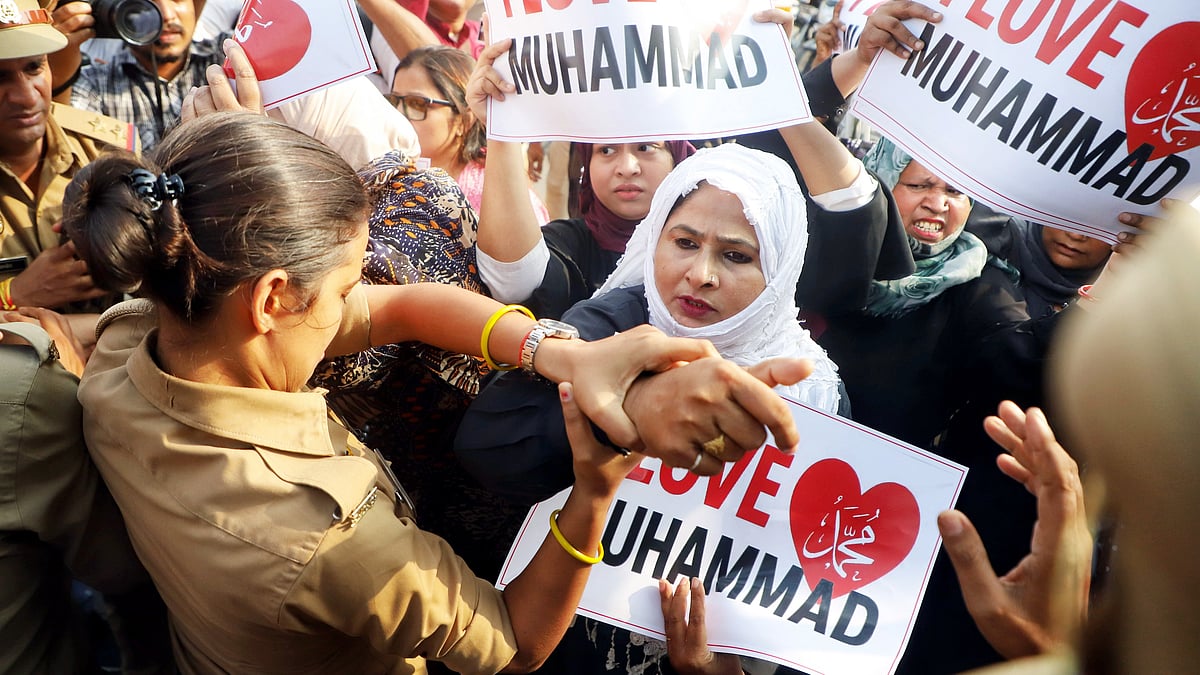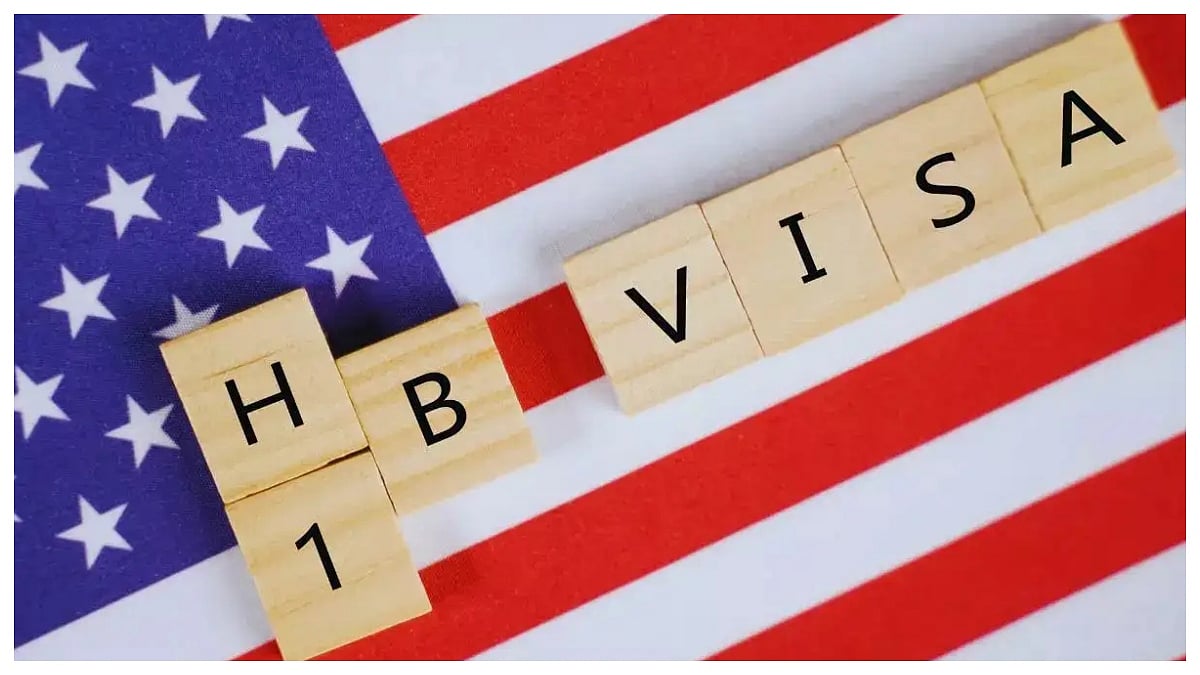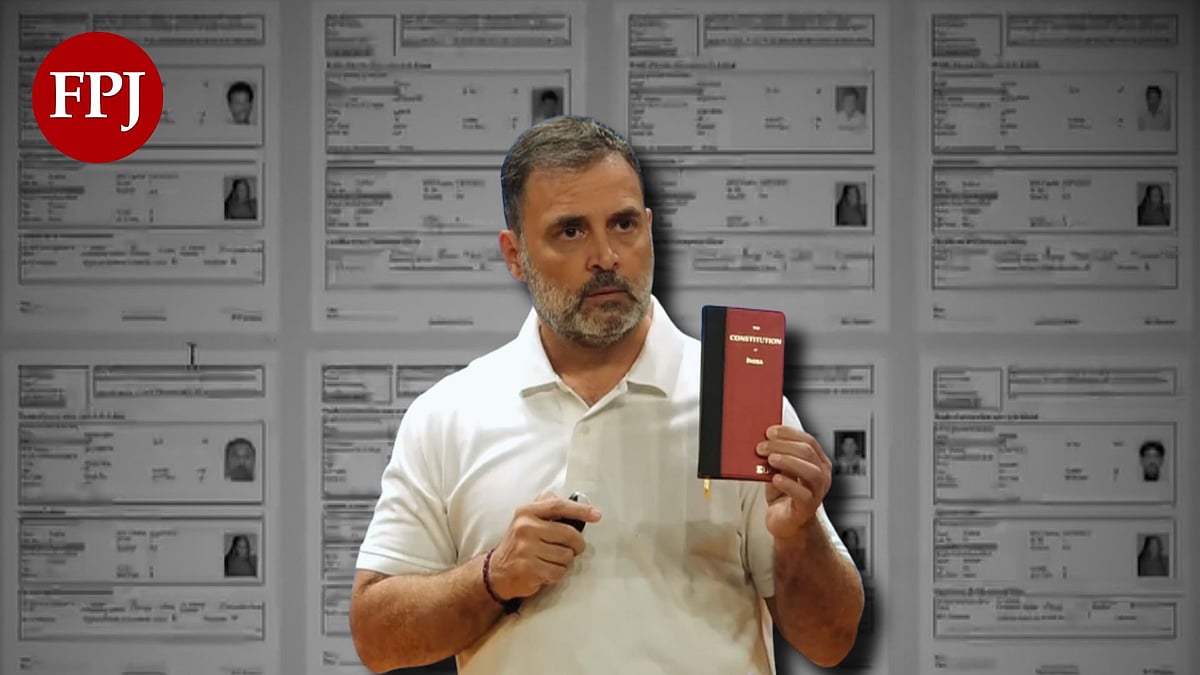The word "law" when translated into Chinese loosely means "method" – and not legislation enacted by Parliament as the rest of the world understands it. The central committee of the Chinese Communist Party (CCP) is largely above the law. It supervises itself and is certainly not answerable to the courts or any other institution. It is a veritable God which does not exist in the vocabulary of 85 percent of Han (ethnic) Chinese. That is why the armed forces of the People's Republic of China (PRC) respects neither the lives of its own citizens or Indian soldiers but only the diktat of its generals who must obey the CCP.
This is why General Zhao Zongqi planned the brutal murder of our braveheart soldiers to "teach India a lesson" and to get himself elevated to the central committee of the CCP by proving his being indispensable to President Xi Jinping.
In 2014, the central committee of the CCP announced far-reaching reforms to set up circuit courts, or what we loosely know as magistrate's courts. This was done to deprive local party-state officials of their right to appoint subordinate magistrates or judges. This step was meant to seriously weaken local CCP officials' influence over their court system.
What we in India do not understand is the Chinese do not have a system of "rule of law" or "right to life" on par with India or the civilised world. The Chinese are taught from infancy to respect the CCP which has the power of life and death over the entire country. The concept of an independent judiciary is as alien to Chinese thought as chalk to cheese. It is thought of as a decadent Western concept which is banned from Chinese universities.
Hence, judicial reform is a tool to control the “top-down hold of the CCP's national leadership over the local cadres while the CCP itself remains above the law.” This statement was culled from a leaked document of the CCP during the 2014 symposium.
In a Freemason-like charade, the CCP uses stealth and deception to further its goals which is to project China as a status-quo global power for investment. It never has nor ever will tolerate rival nations to emerge as military or economic equals or so-called "friends" while allowing countries like India to delude themselves into thinking China is a "friend”.
This is why Jawaharlal Nehru blundered into proclaiming his "Hindi-Chini Bhai-Bhai" model while Mao Tse Tung was preparing to attack India.
And even after 1962, Rajiv Gandhi failed to learn from his own grandfather 27 years earlier and allowed the Chinese to inveigle him into accepting the Chinese line to put the simmering border disputes on the backburner in 1988. The only way out for India is to raise this issue in the UN's Security Council where China is a permanent member. India can also take China to the International Court of Justice (ICJ) at The Hague. But the ICJ cannot force China to take part in its proceedings. And it is unlikely that China will agree to allow the ICJ to adjudicate on whether Aksai Chin and Gilgit-Baktistan and also a part of Arunachal Pradesh belongs to India or China. China will claim this as an affront to its sovereignty.
On the other hand, we have the 6th Chief of Army Staff from 1962 to 1966, General Jayanto Nath Chaudhri who was moonlighting for the British-owned "The Statesman" under an assumed name when he was a deputy chief of Army Staff under General Thimayya. This is a grave offence because this implied he held two jobs and kept the second hidden from the government as revealed by Jairam Ramesh in his book. And if that was not enough, we have General Thimayya himself who revealed to a British diplomat how he was being tortured by the then defence minister Krishna Menon.
Although he was a great general whom Nehru allegedly rebuffed, General Kodandera Subayya Thimayya allegedly used to reveal his thoughts of being badly treated by Krishna Menon to the then British High Commissioner Malcolm MacDonald who would send despatches to Britain. MacDonald sent a despatch to Britain that Gen Thimayya was thinking of resigning – before the General actually resigned.
The point here is that Mao Tse Tung would have ordered that defence ministers like the late Krishna Menon should have been shot by a firing squad. Generals like Thimayya or Chaudhari would not have been spared for spilling state secrets contravening the Official Secrets Act, 1927 and the Army Act.
We cannot dispute that the Cabinet Committee on Security (CCS) has the last word on who will head the Indian Army, Navy and Air Force, the budgetary allocation for buying weapons and modernisation of our armed forces. But the armed forces should have a say on their dire need for modern weapons systems like the S-400 missile systems from Russia. It is the Prime Minister who heads the CCS. And this is where tough questions must be asked and answered.
The writer holds a Ph.D in Media Law and is a journalist-cum-lawyer of the Bombay High Court.

